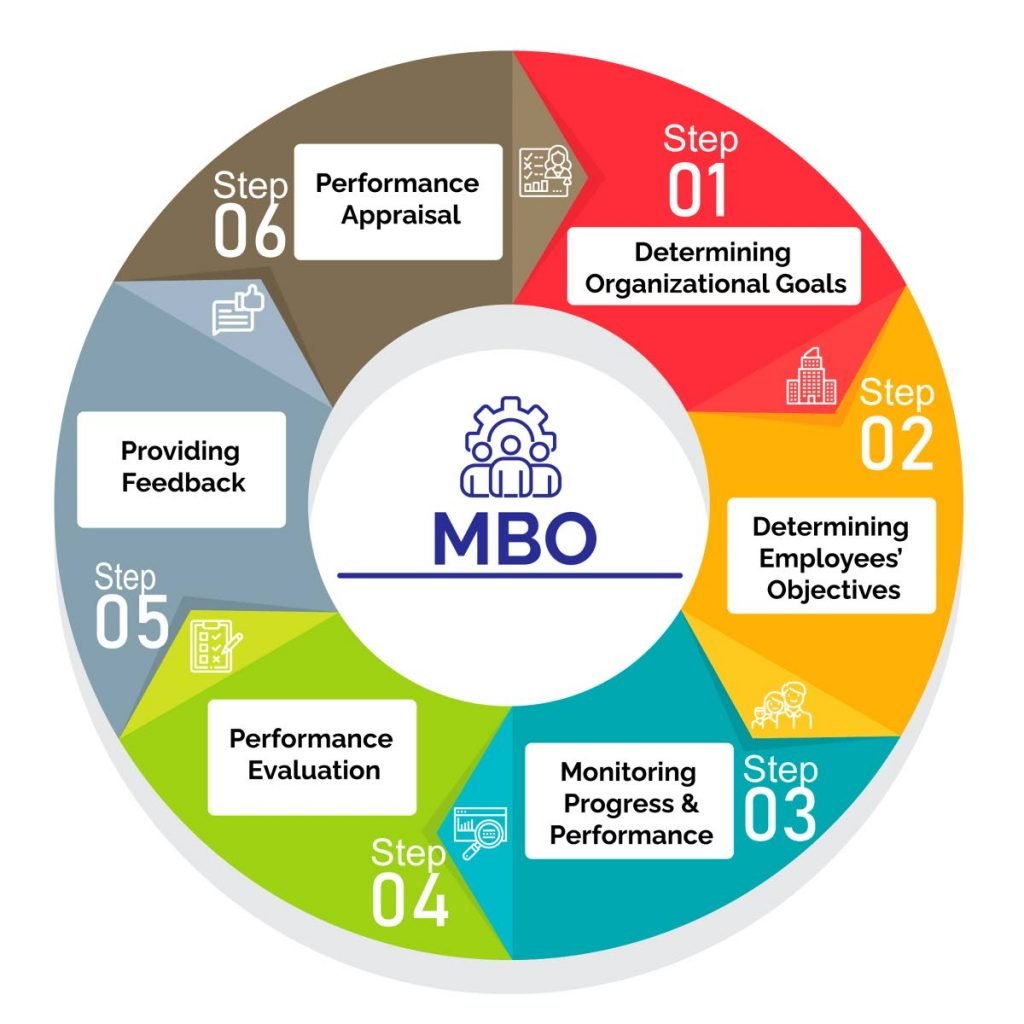Why it's difficult to maintain management by objectives

DIANA MAHABIR-WYATT
We are entering a post-Drucker age, where laws, judgements and precedents are ignored and mass rule dominates. Or tries to.
Logic and reason never leave, though. They just wait, receding like an outgoing wave while the new one comes in. Well, civilisation has been there before over and over and over. Started there, in fact. Scientifically it is called “chaos.”
Business is not immune. Like the new Olympian sport, it will learn to ride the waves. In order to survive, it always has.
How does a business really determine the value of one employee relative to another in an organisation? Obviously, some type of performance appraisal system must be used. Has been, since Roman times. Hence the hierarchical management structure in most organisations. It is simple, entrepreneurially suited and familiar to people from education and religious experiences from childhood.
Once Drucker's process emerged, the systems became more formal and structured. Hence variants of his management by objectives (MBO) have become the core of every performance management system since, from manufacturing organisations where a large segment of permanent employees have similar functions, to the short-term, project-oriented or “gigs”-type employment contracts that became prominent in the last two decades, because of their flexibility and adaptability to market changes.
In the uncertainty facing business and financial organisations in today’s rapidly more technological and highly competitive world, the need for productivity going forward, faced with new Brexit regulations, transport and shipping costs, forex tightening, new taxes and tariffs and pandemic regulations imposed by increasingly financially-panicked governments, a conflict between the traditionally rigid control, profit-focused structures and those swinging with the newer generation featuring individualism, flexibility, results and problem-solving on-the-spot empowerment have made traditional systems of performance management difficult for many employers to maintain.
An interesting study by the international firm Anderson Consulting has recorded a shift from the MBO-balanced scorecard architecture dominating in those organisations where supervisors, and often managers, find the MBO methodologies difficult to implement. This is, partly, it appears out of a difficulty in setting clear and understandable objectives aligned to the overall strat plan.

So some organisations look to the re-emergence of the familiar forced ranking system, often on top of the MBO structure, which, by its simplicity and ease of understanding, is used to make the process more relevant to everyone who uses it.
According to the Anderson report, it is a system best suited to organisations that require flexibility and require individuals to take the initiative, such as a provider of information services. It has also worked well in the increasing number of firms that work through project teams where the teams form, disband, reform and are results-oriented.
It is particularly effective in firms where top performers receive higher rewards such as base pay, bonuses, stock options etc.
It does not work as well in firms with fixed remuneration and union-negotiated agreements where individual performance cannot be individually rewarded because of union-imposed restrictive practices, and one low-ranking poor performer can set the bar for levels of basic payment rates that will therefore apply to all, lest grievances arise about favouritism and discrimination.
As has become increasingly obvious, the views of all stakeholders, in other words, anyone who has a legitimate interest and who will be affected by a policy, are becoming central to political and socio-economic decision-making.
A transition is going on, if not throughout the world, certainly in those countries such as ours that have freedom of expression and information laws that enable mass media to bend and shape public opinion. Daily we see media presentations of people thronging the streets in protest against decisions made (or not made) by their governments, or against those that were voted into or just usurped the power to lead.
The normal mode of leadership in most business organisations, since Roman times, has tended to be hierarchical. That is why boards of directors have the final say in critical decision-making. Forced ranking, as far as I know, for example, has not been used in the energy industry in TT nor in other essential industries.
However, in the future, for those emerging enterprises that are looking for a system that will result in a staff consensus in setting values to functions, this is a methodology that, according to the Anderson study, is re-emerging. It has the very un-democratic name of “forced ranking,” as it is the employees themselves who do the ranking, and succeeds in organisations where managers are highly skilled in defining and communicating business goals, targets and objectives, real ones based on real information, and are accustomed to providing honest and constructive feedback. According to the Anderson study this is a key factor of successful management and, not coincidentally, high shareholder returns.
As we think of shareholders’ returns, we ponder the curious phenomenon this past week in which the chairman of the board of directors of NGC is seeking indemnity for board members (not for managers) against having to accept responsibility for fiduciary mismanagement should NGC lose more than $400 million in efforts to keep Atlantic LNG's Train 1 operational.
What is so curious is that, without accepting any liability for the board decision, the chairman seems to be trying to deflect attention away from the self-indemnity issue to focus on one opposition politician’s statement that the managing director, Mark Loquan, should be dismissed.
That is not the issue. The issue is whether the board that made that decision should have to accept responsibility and pay for the failure, after having been told well in advance by its principal stakeholders that it could not work and deciding to do it anyway. Curious.


Comments
"Why it’s difficult to maintain management by objectives"